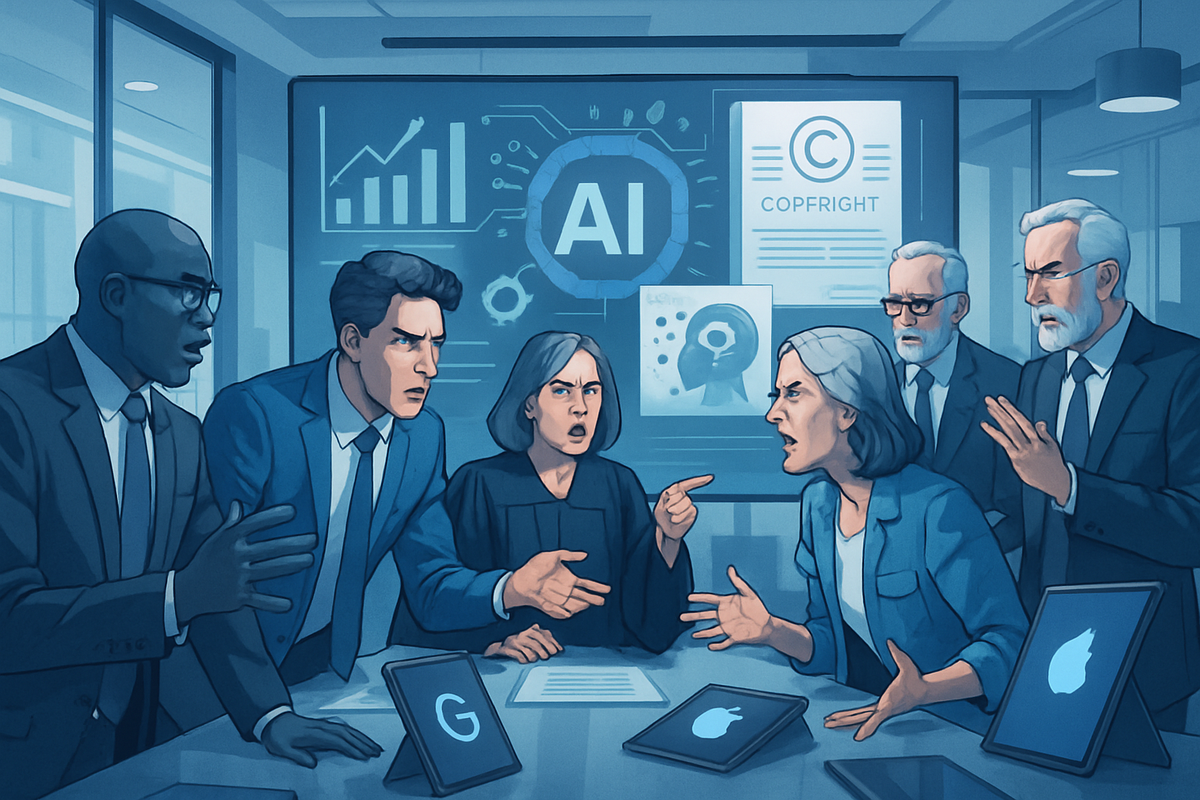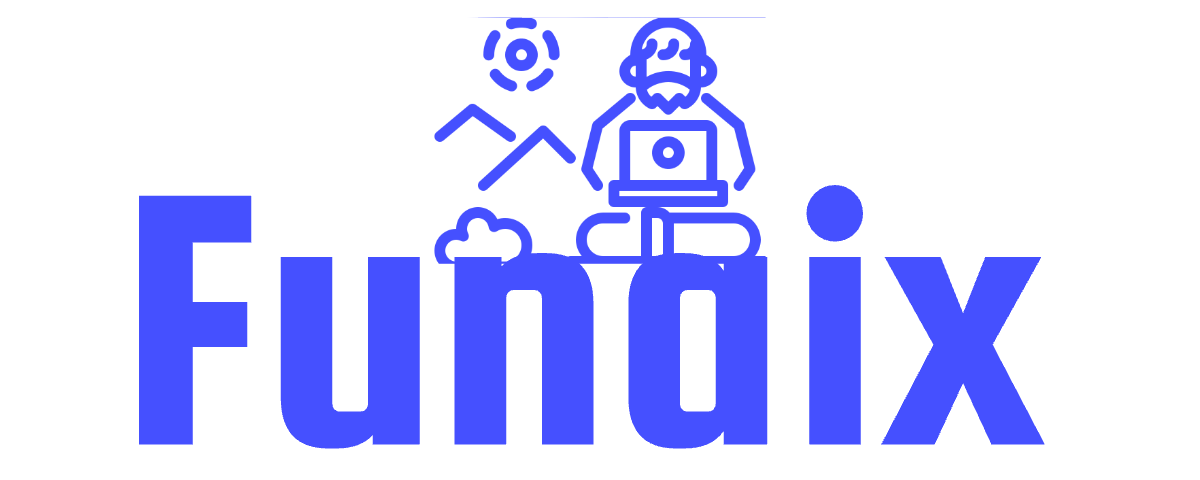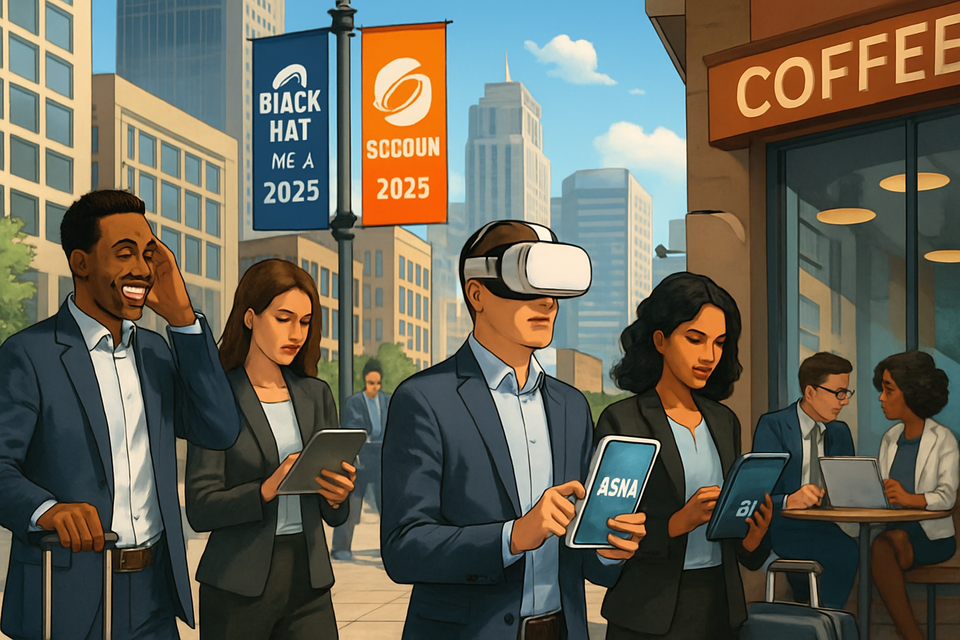AI, Copyright & the Enterprise: The Billion-Dollar Battle Over Who Owns the Future
Explore the legal and creative battlegrounds of AI copyright, where lawsuits, licenses, and billion-dollar stakes redefine ownership in the digital age. Discover how transparency, ethical innovation, and partnerships will shape the future of AI creativity.

A definitive, multimedia guide exploring the explosive legal, commercial, and creative fronts in the global battle between AI giants, publishers, and enterprise users. Read on to unpack the lawsuits, licensing deals, and expert insights shaping our digital tomorrow.
Welcome to the AI Copyright Cage Match
It’s 2025, and the world’s boardrooms, courtrooms, and creative studios have all been invaded by a new heavyweight contender: generative AI. But who actually owns the magic (or mischief) these systems create? Is it the tech titans, the artists, the enterprises deploying AI in their workflows, or the publishers whose content may have trained these models in the first place?
Grab your legal pads, your design mockups, and maybe a helmet—today, we’re diving deep into the billion-dollar battle over AI copyright, enterprise adoption, and the future of creativity itself.
Real Lawsuits, Real Money: The Copyright Showdowns
Let’s get straight to the drama. In early 2025, a storm of lawsuits hit the AI world. One headline-grabber: Cohere, a Canadian AI startup specializing in large language models, was sued by a consortium of 14 major publishers—think The Atlantic, Condé Nast, and Forbes. The allegation? Cohere trained its models using copyrighted articles without permission, and even displayed significant portions of those works in outputs.
"This is about more than money; it’s about who gets to shape the future of knowledge and creativity."
— Legal expert, on the stakes of AI copyright battles
These lawsuits aren’t just legal fireworks—they’re setting precedents. If AI companies can’t use copyrighted data, they must either negotiate expensive licenses, build their own (much smaller) datasets, or risk going rogue and facing the legal music. The outcome? Billions at stake, and the very DNA of future AI models hanging in the balance.
Licensing Gets a Makeover: The Rise of "Commercially Safe" AI
Enter the peacekeepers—or at least, the pragmatists. Adobe Firefly, part of Adobe’s Creative Cloud, has staked its reputation on a "commercially safe" model. How? By training its AI only on licensed, public domain, or Adobe-owned stock imagery and video. The result: outputs that businesses (and their lawyers) can actually use without waking up to a cease-and-desist letter.
- What does this mean for enterprise users? You can create, remix, and publish AI-generated media with confidence—provided you know the provenance of your tools.
- What about the creative ecosystem? Artists, photographers, and writers may finally get a seat at the licensing table, thanks to revenue-sharing models and clearer attribution.
Of course, the devil is in the details. As AI platforms race to sign up more data sources and creators, the line between "safe" and "sorry" remains a moving target.
Enterprise AI: Partnerships, Power Plays, and Peril
If you thought this was just a tech-company problem, think again. In 2025, enterprise adoption of generative AI is exploding—across finance, healthcare, manufacturing, and the public sector. Giants like SAP and Dell have inked deals with Cohere to embed AI into everything from business analytics to secure on-premises deployments.
But here’s the twist: Every enterprise now faces a new set of copyright and compliance headaches:
- Who owns the outputs? Is it the company, the AI vendor, or a mosaic of underlying copyright holders?
- Are your AI tools trained on "clean" data? If not, you could be on the hook for infringement—even if you never wrote a line of code yourself.
- What about regulatory risk? With governments eyeing AI transparency and fairness, expect new rules (and fines) for enterprises playing fast and loose with copyright.
Expert Insights: What the Lawyers, CEOs, and Creators Say
We spoke with legal eagles, tech execs, and creators at the heart of this maelstrom. Here’s the distilled wisdom:
- Legal Pros: "If you’re deploying generative AI in your business, audit your supply chain. Know where your data (and your model’s data) comes from."
- Tech Leaders: "Partnerships with content owners aren’t just ethical—they’re good business. The future is licensed, transparent, and collaborative."
- Creators: "AI isn’t the enemy, but creators should have a say—and a share—when their work powers tomorrow’s innovations."
"The copyright question isn’t going away. If anything, it’s the new cost of doing business with AI."
— Enterprise compliance officer
What Does This Mean for You?
Whether you’re a Fortune 500 exec, a startup founder, a designer, or just an AI-curious citizen, here’s your cheat sheet for thriving (not just surviving) in the AI copyright era:
- Audit your AI stack: Only use platforms with transparent data and licensing. If in doubt, ask for documentation.
- Get legal advice: Especially if your business depends on publishing, design, or content creation. (No, your nephew who’s "pretty good at Google" doesn’t count.)
- Champion creators’ rights: If you build on others’ work, support fair licensing and attribution. Karma—and future litigation—are real.
- Stay informed: The regulatory landscape is changing fast. Subscribe to trusted news sources (like, ahem, Funaix Insider) for breaking updates and practical guides.
The Road Ahead: Regulation, Innovation, and (Maybe) Reconciliation
The billion-dollar battle over AI copyright is far from over. As lawsuits wind through the courts, new licensing models take shape, and enterprises scramble to keep up, one thing is clear: the future of AI will be shaped as much by lawyers and lawmakers as by coders and creatives.
But there’s hope for a more balanced, collaborative digital economy. The companies and creators who embrace transparency, fair compensation, and ethical innovation will lead the way. The rest? Well, they might just end up as cautionary tales—or courtroom case studies.
Want to Go Deeper? Join the Conversation!
Become a Funaix Insider to get exclusive news, expert interviews, and actionable strategies for navigating AI’s legal and creative frontiers. Subscribing is free—for now—and only subscribers can join the comments and community discussions.
Subscribe for Smart News & Perks
Published: August 16, 2025
For more on AI, copyright, and the future of business, keep reading Funaix—where smart people get smarter (and a little more entertained).




